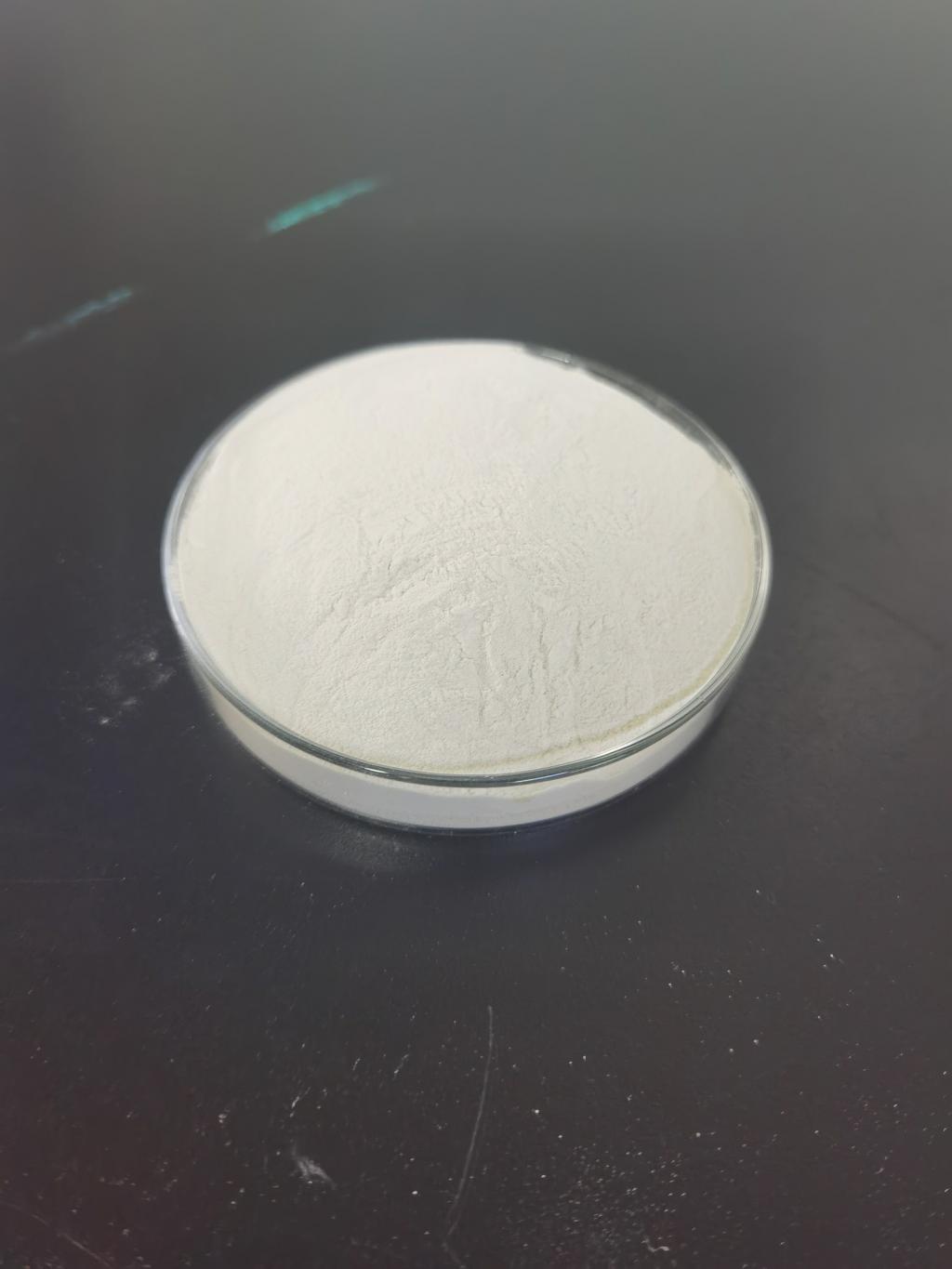Tel:+8618231198596

News
 CONTACT
CONTACT
 CONTACT
CONTACT
- Linkman:Linda Yao
- Tel: +8618231198596
- Email:linda.yao@dcpharma.cn
- Linkman:CHARLES.WANG
- Department:Overseas
- Tel: 0086 0311-85537378 0086 0311-85539701
News
Current Position:
Home >
News
>Are there any studies exploring the potential use of Nisin in the preservation?
Are there any studies exploring the potential use of Nisin in the preservation?
TIME:2023-06-15
Introduction
Preservation of fruits and vegetables is essential to ensure their availability and quality throughout the year. However, spoilage caused by microbial growth remains a significant challenge. Chemical preservatives are commonly used but have raised concerns due to their potential adverse effects on human health. Nisin, a natural antimicrobial peptide derived from lactic acid bacteria, presents an attractive alternative for food preservation.
Antimicrobial Properties of Nisin
Nisin possesses potent antimicrobial properties, particularly against gram-positive bacteria. It disrupts the integrity of bacterial cell membranes, leading to cell death. Its efficacy extends to various pathogens and spoilage-causing bacteria, making it a promising natural preservative.
Application Techniques
Several application techniques can be employed to utilize the antimicrobial properties of nisin effectively. These include direct application, incorporation into edible coatings, and incorporation into packaging materials. Each technique offers unique advantages and challenges, and ongoing research aims to optimize these methods for maximum efficacy.
Benefits of Nisin Preservation
a) Extended Shelf Life: Nisin can significantly extend the shelf life of fruits and vegetables by inhibiting microbial growth. This not only reduces food waste but also enhances the availability of fresh produce.
b) Retained Nutritional Value: Unlike traditional preservation methods, nisin does not compromise the nutritional content of fruits and vegetables. It allows for the retention of essential vitamins, minerals, and phytochemicals, promoting healthier food choices.
c) Natural and Safe: Nisin is a natural preservative that is generally recognized as safe (GRAS) by regulatory bodies. It offers an alternative to synthetic chemical preservatives, addressing consumer demand for clean-label and natural food products.
d) Minimal Impact on Organoleptic Properties: Nisin has been found to have minimal impact on the taste, texture, and color of preserved fruits and vegetables. This ensures that the sensory qualities of the produce are maintained, preserving consumer acceptance.
Challenges and Considerations
While the potential of nisin as a natural preservative is promising, certain challenges and considerations must be addressed. These include optimizing dosage levels, ensuring compatibility with different food matrices, and considering potential interactions with other food components. Additionally, regulatory aspects and consumer acceptance need to be taken into account for successful adoption.
Future Directions
Further research is needed to fully explore the potential of nisin in fruit and vegetable preservation. Future studies should focus on optimizing application techniques, understanding the impact of nisin on various microorganisms, and investigating its synergistic effects with other preservation methods. Additionally, efforts should be made to establish regulatory guidelines and educate consumers about the benefits and safety of nisin as a natural preservative.
Conclusion
The preservation of fruits and vegetables using nisin holds great promise as a natural, safe, and effective alternative to traditional chemical additives. Nisin's antimicrobial properties, combined with its minimal impact on nutritional value and sensory characteristics, make it a valuable tool in reducing food waste and improving food safety. Further research and development are essential to harness the full potential of nisin in fruit and vegetable preservation, paving the way for a more sustainable and healthy food system.
- Tel:+8618231198596
- Whatsapp:18231198596
- Chat With Skype







